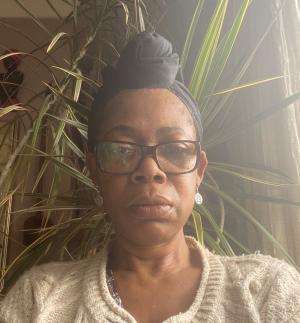BASW’s voices for Black History Month…and beyond
What does Black History Month mean to me? This is a good question simply because I have conflicting thoughts which fluctuate between the negativity of ‘being on show’ for one month in the year and the positivity coming from my sense of being black and taking the opportunity to participate in a month which celebrates this origin.
I often find that black people’s efforts to enjoy this infrequent recognition often serves only to conveniently appease the guilt of many white folk.
I find that some only tolerate the yearly gesture of having a month solely dedicated to Black History.
In my mind a month is not long enough to address the wrongs experienced by generations of black people. However, I continue to marvel at the way the month is used to find many creative and colourful ways to observe and acknowledge the experiences; narratives and achievements of contemporary black people and paying tributes to the ancestors and others whom we follow.
Barriers
As a black social worker, I am very much aware and affected by ‘a concrete ceiling’ which, if not for my self-belief; awareness and confidence would have blocked every vision that I held for my professional development.
In addition, cronyism and poor leadership create a culture based on favouritism as opposed to capability and demonstrated efforts.
The absence of a collective vision for the organisation goes on to create division. Poor communication develops into mistrust.
The unacknowledged efforts of frontline workers by senior managers has a negative impact on motivation and that necessary feeling of satisfaction in the social work role.
Black social workers have many hurdles and pitfalls to overcome in the workplace. Those who are able, strive to educate colleagues who have discriminatory or racist tendencies and the power and authority to disrupt positive vibrations in the workplace.
My place of work has a long way to go before it can be described as a learning organisation. The main giveaway is its inability to learn from its mistakes.
Reforms needed:
- Changes in the methods of recruitment to incorporate more value-based interviewing
- More recognition that the criteria for ‘the brightest and the best’ when considering fast track courses does not necessarily equate to having a white face and cultural background
- More opportunities to re-visit the purpose, practice and impact of social work
- More research from a black perspective
